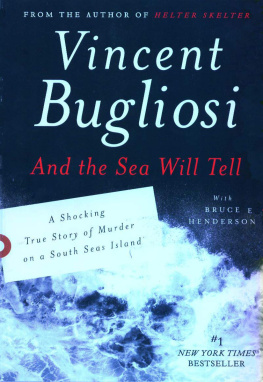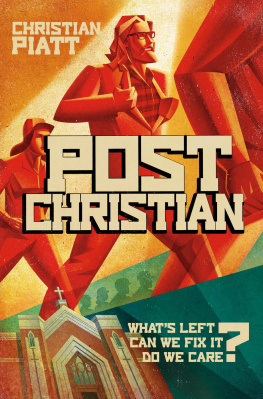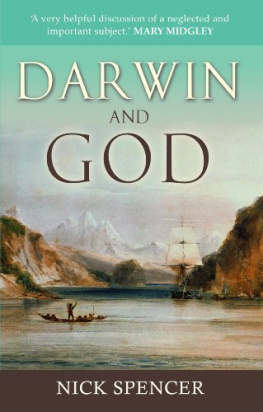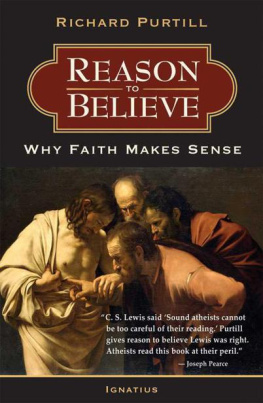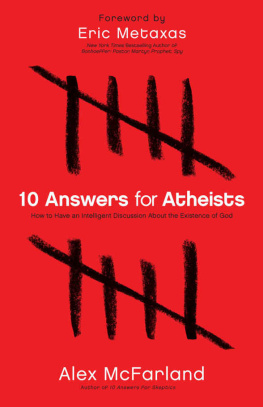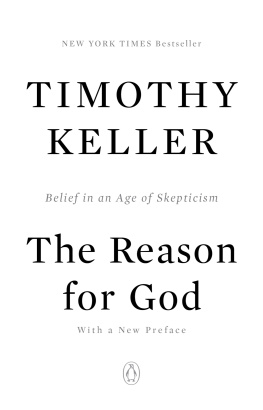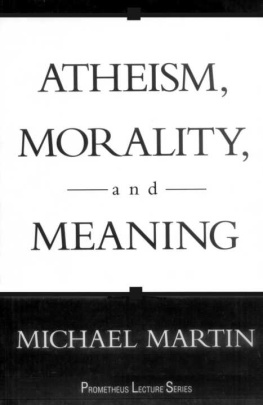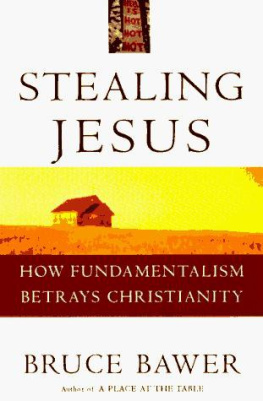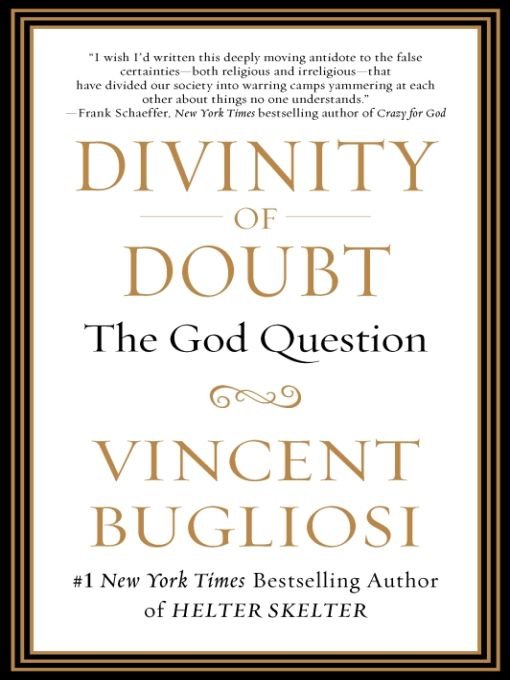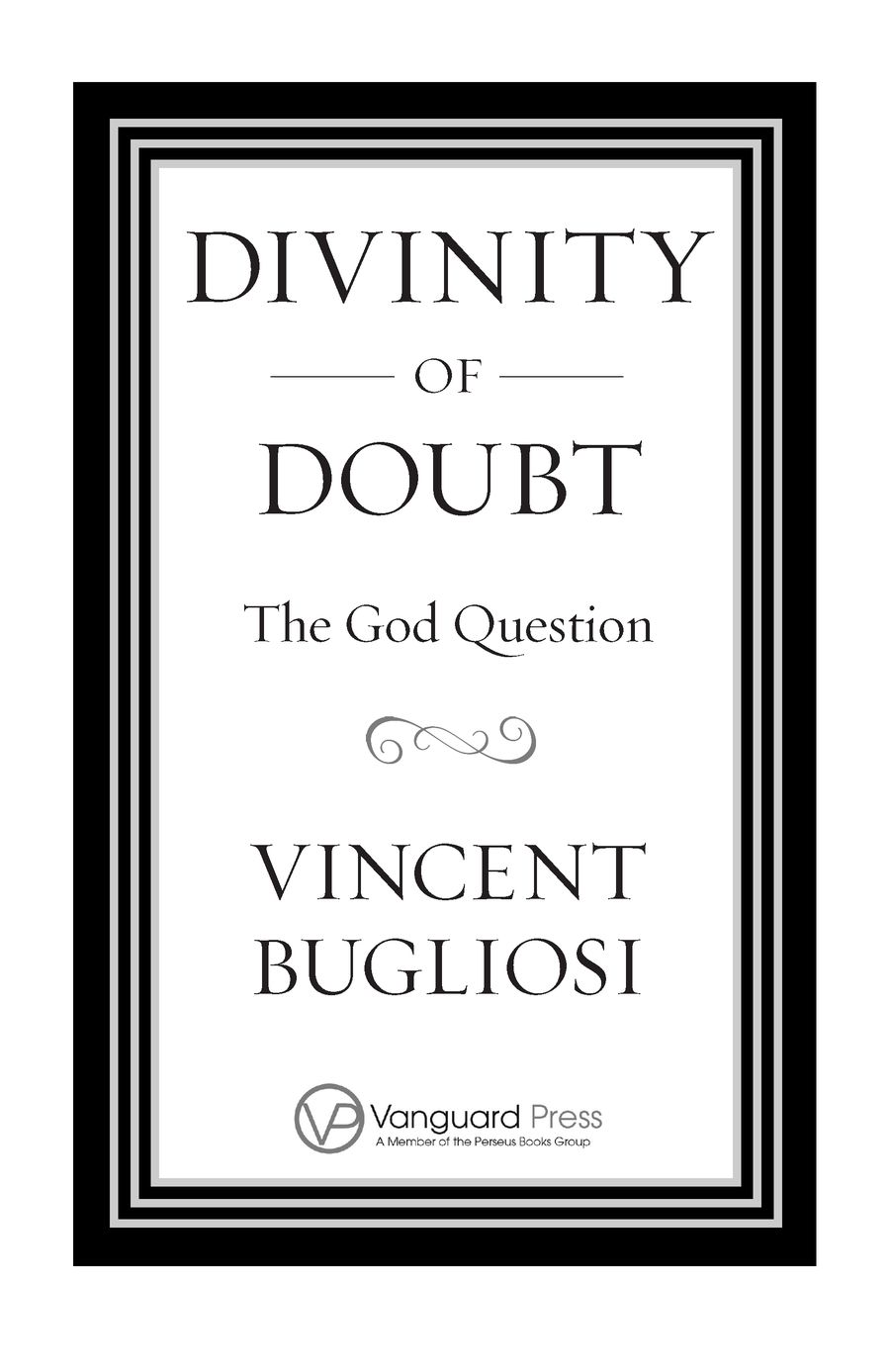Table of Contents
ALSO BY VINCENT BUGLIOSI
Helter Skelter (with Curt Gentry)
Till Death Us Do Part (with Ken Hurwitz)
And the Sea Will Tell (with Bruce Henderson)
The Phoenix Solution:
Getting Serious about Winning Americas Drug War
Outrage: The Five Reasons Why O. J. Simpson
Got Away with Murder
No Island of Sanity:
Paula Jones v. Bill Clinton: The Supreme Court on Trial
The Betrayal of America: How the Supreme Court
Undermined the Constitution and Chose Our President
(with forewords by Molly Ivins and Gerry Spence)
Reclaiming History:
The Assassination of President John F. Kennedy
The Prosecution of George W. Bush for Murder
To my wife and children
Acknowledgments
I feel very fortunate to have been associated once again with two of the top people in the book publishing industry, the inimitable and very perceptive Roger Cooper, who had the courage to publish such a highly controversial book as this one, and his young associate publisher, the extraordinarily gifted Georgina Levitt, for whom I predict the sky is the limit in the world of book publishing.
I also want to thank my secretary, Rosemary Newton, for being of so much assistance to me in the writing of this book. Uncommonly dependable, she not only typed up more than 100,000 words of my handwriting, but in recent years has augmented my research from original sources by providing me, on frequent occasion, with additional, ancillary information from the vastness of the Internet.
Thanks are also in order to my long-time friend and literary representative, Peter Miller.
And of course I want to thank my wonderful wife, Gail, who, as with the writing of all my previous books, sacrificed much time she wanted us to spend together. Always supporting me one hundred percent in my every endeavor, she has unfailingly been my rock of Gibraltar through the years. Ill never be able to repay her for all shes done for me.
Preface
My view is that sometimes its nice to know a little bit about an author whose work youre about to read beyond the biography on the inside of the books jacketat least insofar as it relates to the book you are going to read.
Other than the fact that I am a very hard worker and am able to draw sensible inferences from simple realities, what qualifies me, if anything, to go outside of my field of the law and weigh in on the biggest mystery of all, the question of Gods existence? I do have to say that whatever abilities I may have as a trial lawyer, I fortunately found easily transferable to my dealing with the arguments for and against the belief in Gods existencemainly, objectively analyzing the various issues, then marshaling the evidence in support of my position and exposing what I perceive to be the weaknesses of the opposing side. But apart from that I have found that at least in my professional life (I go through my private life blindfolded) I seem to naturallyand not as a result, I can assure you, of any special intelligence at allsee whats in front of me completely uninfluenced by the trappings of reputation, hoopla, conventional wisdom, and so on, put on it by others.
Let me test you, the reader, with a hypothetical question so that you can see where you are on this issue. If you were told that Winston Churchill said something about World War II, and a bum in a Bowery gutter said something quite the opposite, whom would you believe? Theres only one answer to that question, and its not the one that 99 percent of people would reflexively giveWinston Churchill. The only proper answer to the question is Id have to hear what they had to say. This is obviously true since we know that just as a wise man can say something foolish, a fool can say something wise. Now if neither Churchill nor the bum had weighed in on the issue yet and you were asked, Who is more likely to say something intelligent about the matter ? the obvious answer would be Churchill.
What were talking about here is the fact that most people see what they expect to see, what they want to see, what conventional wisdom tells them to see, not what is right in front of them in its pristine condition. Put another way, they hear only the music, not the lyrics of human events. The only reason I mention this phenomenon is that in the book you are about to read, I will in many instances be taking a position different from what many people are expecting to read, or would prefer to read, or what conventional wisdom tells them they should believe. And I feel that you, the reader, may be more receptive to the arguments I make and the inferences I draw in this book if you make a conscious effort to avoid this common, intellectual trap.
In learning that I was writing a book about God and religion, more than one person asked me why I was writing the book, questioning what could be said that hasnt already been said. The question has a certain amount of merit to it. After all, I am joining a 2,000-year-old conversation. What can I possibly bring to the table? But let me tell you this about me. I never write anything for public consumption, or appear on any radio or TV show, unless I feel I have something to say thats not being said. For example, several years ago, although I am not a rich man, I turned down an offer of $1 million from a major New York publishing house to write a book about the Jon Bent Ramsey murder case because, not being involved in the case as a lawyer or an investigator, I didnt feel I was in a position to write with any special insight and authority the kind of true crime book I try to write.
The discussion of God, of course, is the most well-traveled terrain in the history of man, and therefore the majority of this book will necessarily address topics familiar to a well-versed reader. But if at the end of this book, you didnt find several (and hopefully many more) fresh insights that caused you to say to yourself, Hey, I never thought of this before, not only will I be surprised, but, more importantly, I will feel I had no business letting trees be cut down to print this book.
Another thing you should know about me is that I am an extremely critical person. Indeed, youd have a difficult time finding someone as critical as I. I told Geraldo Rivera once, Geraldo, Id find fault with a beautiful morning sunrise. (However, Im also a very complimentary person.) Curiously, though, I am not cynical, a trait so often associated with that of being critical. In fact, my late wonderful mother, the most feminine woman Ive ever met in my life, and two sisters, one of whom is fortunately still living, thought I was a nave person. I define cynicism as seeing yourself in other people, and for whatever reason I dont see myself in other people. That said, at the first thing I see wrong, I criticize, rarely keeping my criticism to myself.
Most of what I criticize in this book, in my opinion, flows from stupidity and/or ignorance. (As you know, the words stupid and ignorant are frequently used interchangeably, although they have quite different meanings. Everyone is ignorant about something in life, usually many things. I mean, if Einstein never played or knew anything about the game of chess, hed be ignorant about chess.) One could say that people cant help it if they are stupid or, to a lesser degree, ignorant. And if they cant help it, why get upset with them? Because stupidity and ignorance are not benign. They are responsible for much, if not most, of the great problems, misery, and injustice in this world. And when I see stupidity or its frequent companion, ignorance, resulting in great suffering and loss of life (such as the ignorance of the American people in being so easily led into a terrible war against a nation, Iraq, that was in no way an imminent threat to the security of this country), I respond with very critical and sometimes harsh rhetoric. Thats just the way I am.


